We’ll be providing our filtered AoU WGS plink pgens for all registered users: watch this space
We show why you should do genotype-level QC on your WGS data
www.biorxiv.org/content/10.1...
Very real quotes about this paper -
“The most exciting, mind-blowing paper of the year!”
“On a par with Fisher 1918”
“I read it every night. Just so beautiful”

We’ll be providing our filtered AoU WGS plink pgens for all registered users: watch this space
We show why you should do genotype-level QC on your WGS data
www.biorxiv.org/content/10.1...
Very real quotes about this paper -
“The most exciting, mind-blowing paper of the year!”
“On a par with Fisher 1918”
“I read it every night. Just so beautiful”

We show why you should do genotype-level QC on your WGS data
www.biorxiv.org/content/10.1...
Very real quotes about this paper -
“The most exciting, mind-blowing paper of the year!”
“On a par with Fisher 1918”
“I read it every night. Just so beautiful”
#MODY #monogenicdiabetes

#MODY #monogenicdiabetes


"Removing genetic effects on plasma proteins enhances their utility as disease biomarkers"
We show that adjusting plasma proteins for genetic effects can make them stronger predictors of disease
👉 doi.org/10.1101/2025...

"Removing genetic effects on plasma proteins enhances their utility as disease biomarkers"
We show that adjusting plasma proteins for genetic effects can make them stronger predictors of disease
👉 doi.org/10.1101/2025...
@exeter.ac.uk
Polygenic risk for T2D modifies the onset and phenotypic variability of maturity-onset diabetes of the young (MODY) 🧪

@exeter.ac.uk
Polygenic risk for T2D modifies the onset and phenotypic variability of maturity-onset diabetes of the young (MODY) 🧪

www.nature.com/articles/s42...

www.nature.com/articles/s42...
diabetesjournals.org/diabetes/art...

diabetesjournals.org/diabetes/art...
Maternal and paternal alleles can have distinct — even opposite — effects on human traits, revealing a hidden layer of genetic architecture that standard GWAS miss.
🔗 www.nature.com/articles/s41...
Highlights below!
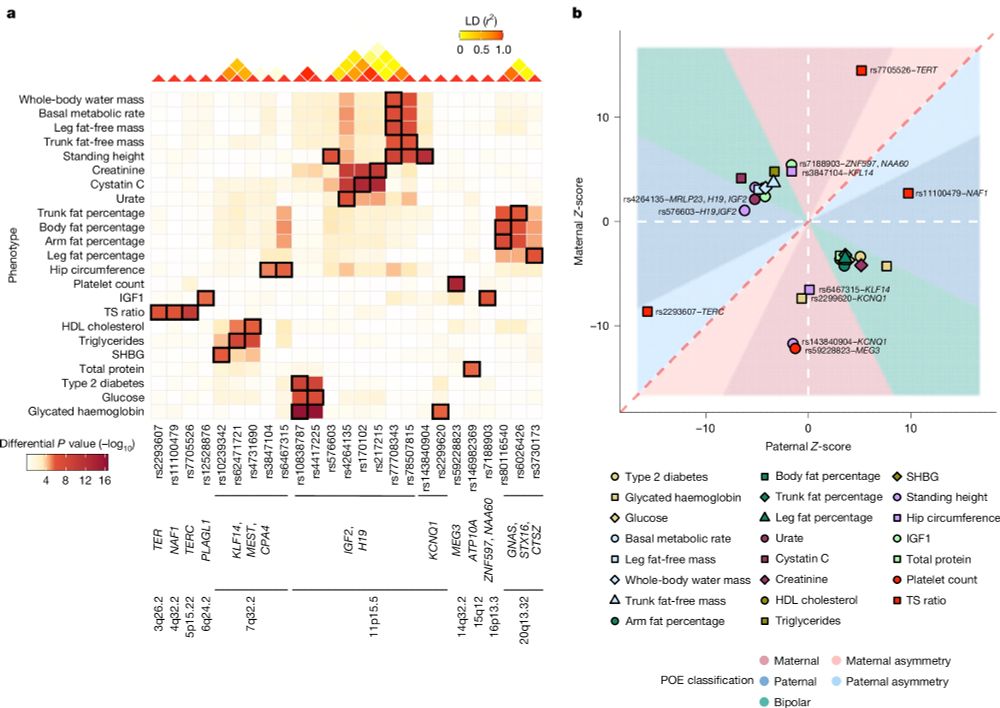
Maternal and paternal alleles can have distinct — even opposite — effects on human traits, revealing a hidden layer of genetic architecture that standard GWAS miss.
🔗 www.nature.com/articles/s41...
Highlights below!
We validated & improved a T1D risk model using TrialNet data (originally from TEDDY), boosting accuracy 📈
bmcmedicine.biomedcentral.com/articles/10....
Try the web tool 👉 t1dpredictor.diabetesgenes.org
#T1D #RiskPrediction #PrecisionMedicine #TrialNet
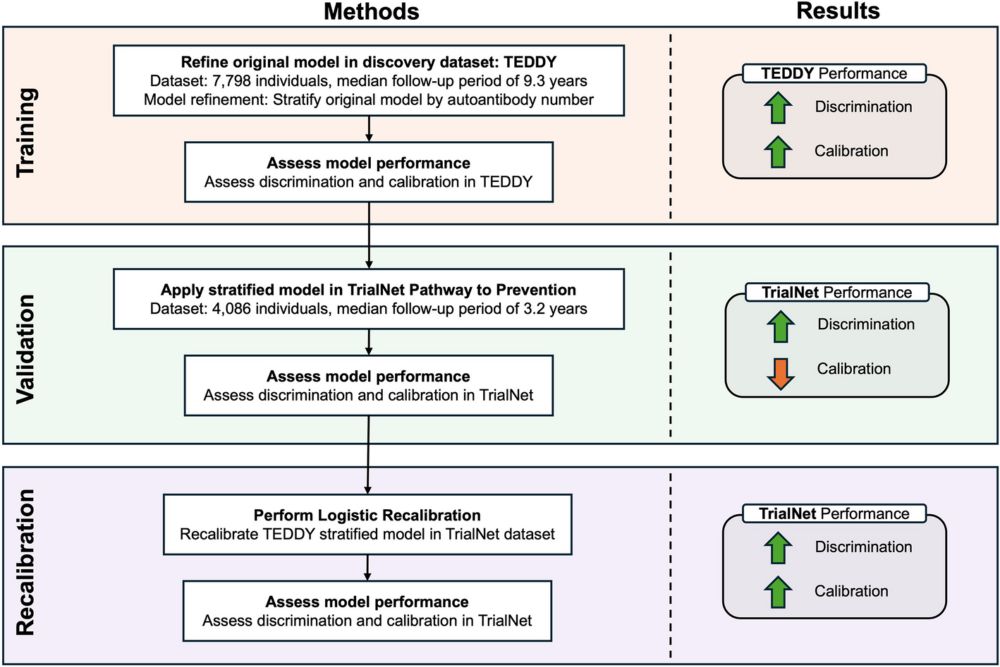
We validated & improved a T1D risk model using TrialNet data (originally from TEDDY), boosting accuracy 📈
bmcmedicine.biomedcentral.com/articles/10....
Try the web tool 👉 t1dpredictor.diabetesgenes.org
#T1D #RiskPrediction #PrecisionMedicine #TrialNet
Non-autoimmune, insulin-deficient #diabetes in children and young adults in #Africa: evidence from the Young-Onset Diabetes in sub-Saharan Africa (YODA) cross-sectional study thelancet.com/journals/lan... #T1D
#OpenAccess
#MedSky #EndoSky

Non-autoimmune, insulin-deficient #diabetes in children and young adults in #Africa: evidence from the Young-Onset Diabetes in sub-Saharan Africa (YODA) cross-sectional study thelancet.com/journals/lan... #T1D
#OpenAccess
#MedSky #EndoSky
🔗 doi.org/10.1016/j.mo...
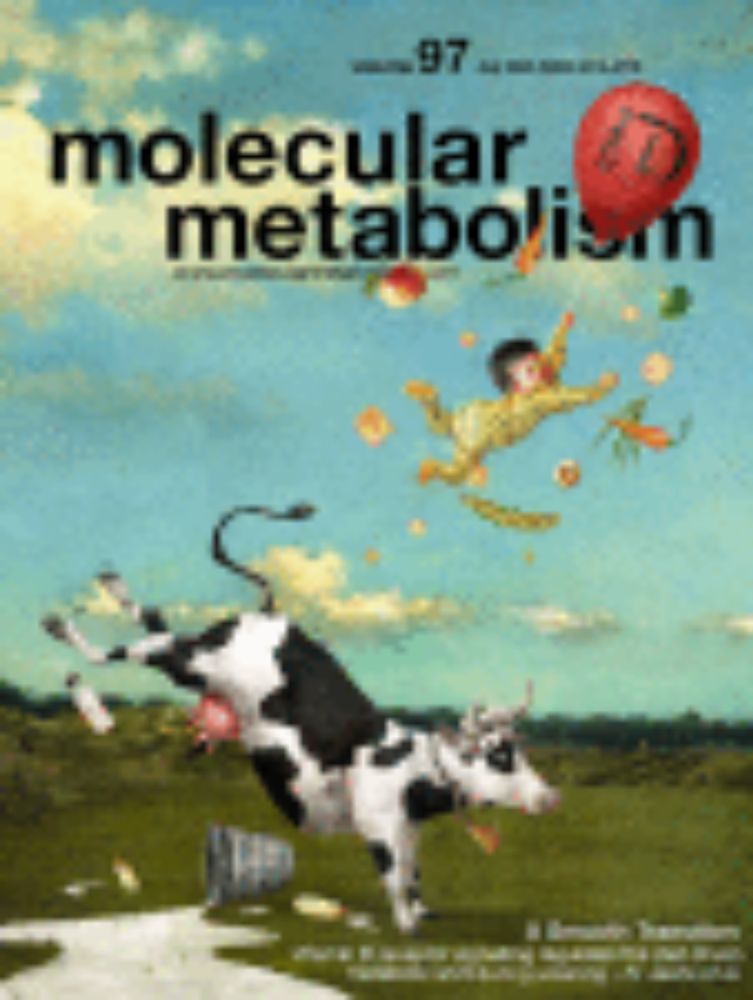
🔗 doi.org/10.1016/j.mo...
🗓 Abstract deadline 30 June (𝟑 𝐝𝐚𝐲𝐬 𝐭𝐨 𝐠𝐨!!!)
🎤 Oral presentation notifications: 7 July
✅ Early Bird registration deadline: 11 July
💰 Registration fee for non-PI: 150 CHF

🗓 Abstract deadline 30 June (𝟑 𝐝𝐚𝐲𝐬 𝐭𝐨 𝐠𝐨!!!)
🎤 Oral presentation notifications: 7 July
✅ Early Bird registration deadline: 11 July
💰 Registration fee for non-PI: 150 CHF
#MonogenicDiabetes
#MonogenicDiabetes
Read for free here - rdcu.be/eprel
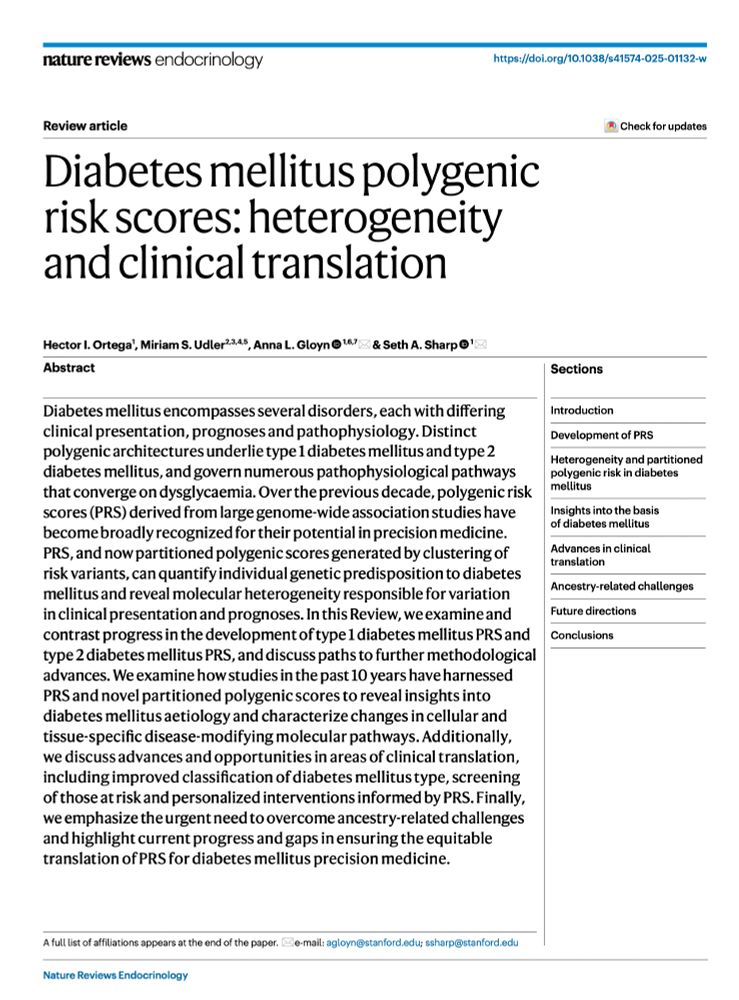
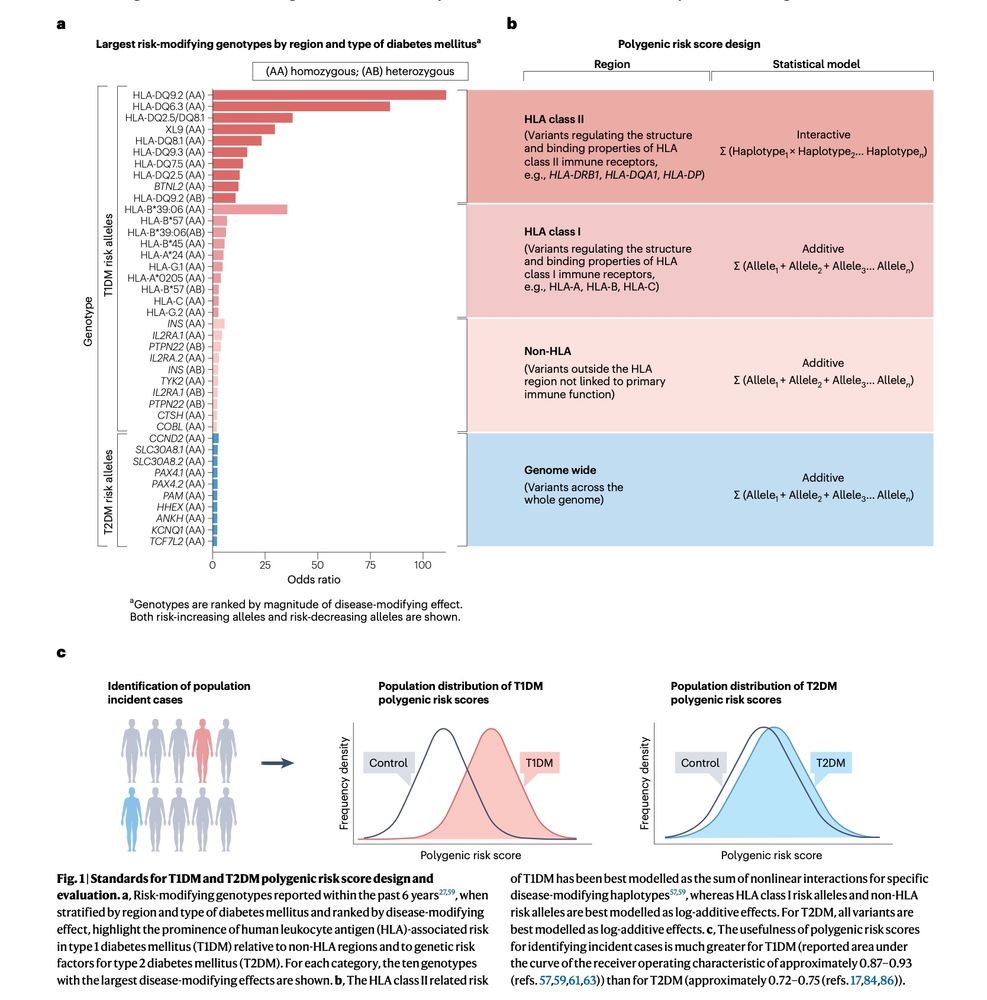
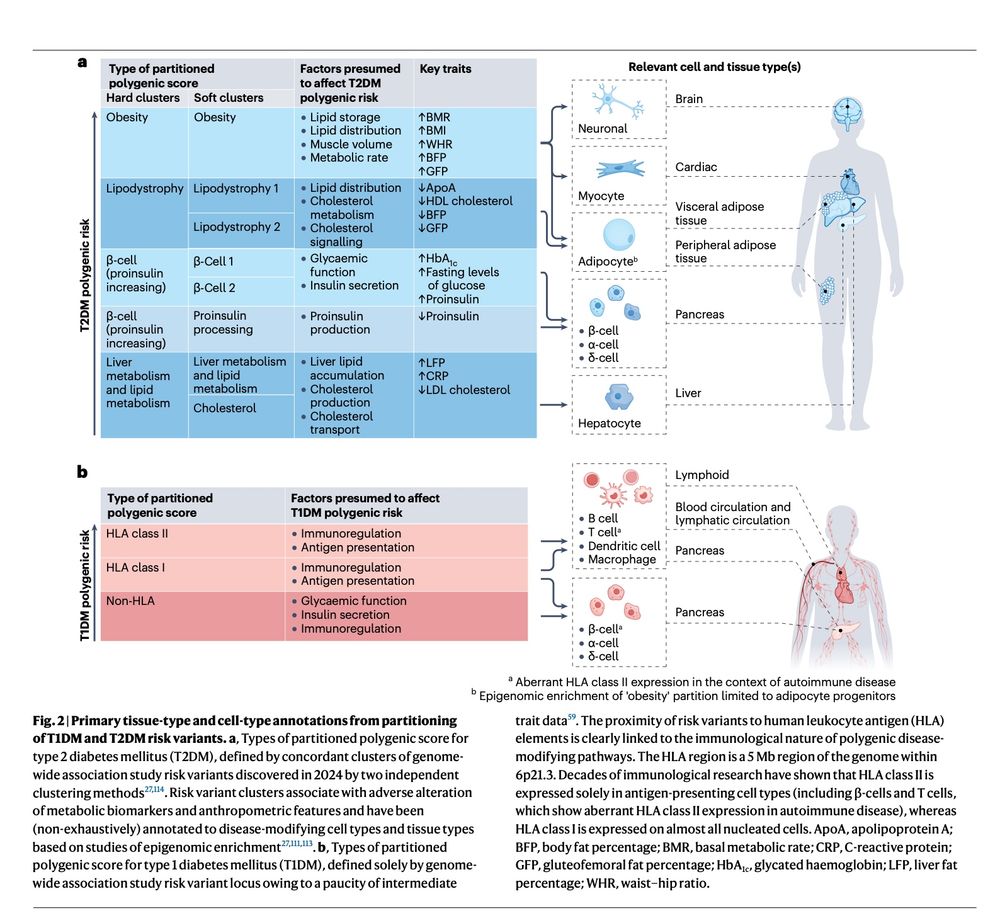
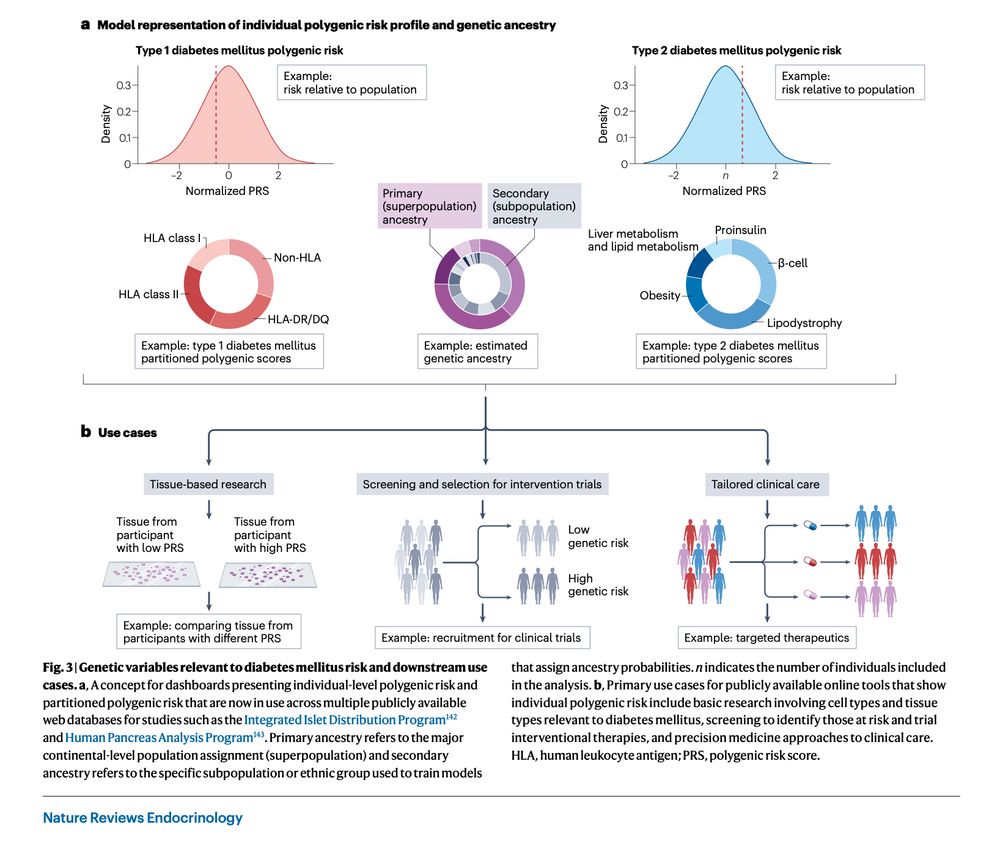
Read for free here - rdcu.be/eprel
news.exeter.ac.uk/faculty-of-h...
@nihrexeterbrc.bsky.social
news.exeter.ac.uk/faculty-of-h...
@nihrexeterbrc.bsky.social
1. Observation in a single case != pathogenic
2. Pre-selected cohorts warrant special care (controls are important!)
3. To make claims about reduced penetrance (as they do in the discussion) we first need evidence of pathogenicity (which there isn’t here)
6/7



